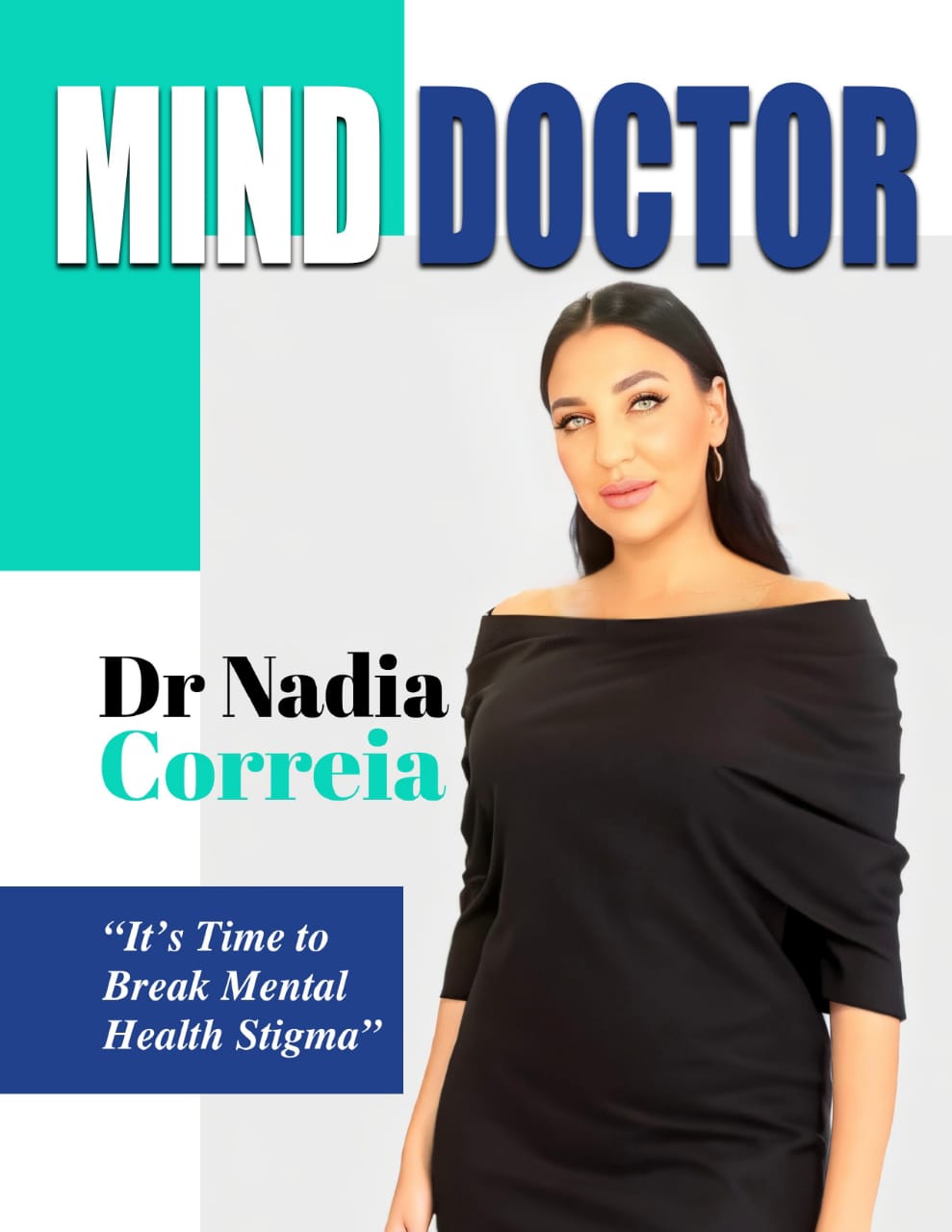Causes of Oily Hair
Copyright © 2012 www.oilyhairoilyscalp.com
Maintaining healthy hair is not only an image issue but it is also a health issue. Having nice and strong hair reflects inner health and it is a sign of fertility and youth in many cultures.
Having oily hair can be an unpleasant issue for both men and women, but it is only the effect of having an oily scalp skin. Although the cause of oily hair and skin is usually of genetic origin, there can be a number of factors that influence the production of excess sebum (skin oil). Sebum is supposed to protect, nourish and hydrate the skin by delivering antioxidants and antimicrobial nutrients, but when it is produced in excess it can cause problems for your skin and hair.
Excess oil on the scalp skin can lead to having very greasy hair that needs constant washing. This leads to a vicious circle and it makes the problem worse in time. The main causes of oily hair are discussed below.
1. The skin can be genetically influenced to produce more sebum than it normally should. Most people that have this predisposition will also show signs of oily skin, acne or other more serious conditions like cysts or dermatitis. Although there is not much you can do to change your genetic constitution, this condition can be treated using different types of natural remedies along with medication.
2. Hormonal imbalances can create oily skin and hair. Hormonal imbalances can also be caused by faulty genes or the so-called hereditary factors. When glands produce an excess of androgen hormones you end up with oily hair and skin conditions. Also, disorders like polycystic ovaries syndrome (PCOS) in women can affect skin and make it produce more sebum than needed, which leads to oily hair and other related problems. When investigating the main causes behind oily hair and skin, a hormonal test should be taken to rule out hormonal imbalances.
3. The close relationship between diet and hair should not be ignored Your hair is made out of keratin, a protein that is also found in fingernails, and around 12% of hair is water. That’s why hydration and diet are important for healthy hair. Everything that we eat and drink influences our bodily functions and the production of skin oil and other fluids is also dependent on diet. Minerals and vitamins are important for healthy hair and for avoiding oily hair. Vitamin E, which is actually a part of sebum, is quite important for hair along with the vitamin B complex and iron.
Hydrogenated oils contain trans-fats which can have a bad effect on your hair and skin. All chemically processed vegetable oils should be avoided. It is better to opt for fats and oils which contain fat soluble vitamins (A, B, D, K), such as butter, coconut oil, grape seed oil and eggs.
4. Seborrheic dermatitis is a disease that can cause oily scalp and hair. Dermatitis is a more serious skin condition that can be caused by overactive sebaceous glands combined with a yeast infection of the skin. This condition can be exacerbated by a wide number of factors such as: diet, skin lotions and shampoos, obesity, stress and anxiety, acne and weather changes. Symptoms include oily skin and hair, flaking and itching of the scalp skin, hair loss and redness on extended areas of the skin. The treatment that is usually recommended by health practitioners is selenium sulfate shampoos and alternative washing using 2 or 3 brands of shampoo. This might not always work as a long term treatment because the skin gets used to the shampoo and reverses to its previous state. When this happens it is wiser to look at overall health choices and use more natural remedies instead.
5. People with oily hair should be very careful when choosing a shampoo. There are medicinal shampoos that can work quite well on oily hair but most contain very powerful chemicals and should only be recommended by a professional health care practitioner.
If you choose an organic shampoo you should be careful because you may pay more for something that has only 5% organic ingredients and also you may end up with greasier hair than before. An herbal shampoo that contains nettle extract is among the best options for oily hair.
Washing your hair too much can make it very greasy in no time and washing it too rarely can lead to hair loss due to congested roots and bacteria. Washing it 2 times a week should be enough to keep it clean.
Conditioner and styling products leave a residue on your hair that makes it oily. Brushing too often and using a hair dryer can also affect your hair and make it greasier over time.
6. There are certain types of medication that can lead to having oily hair and scalp. Although sometimes doctors prescribe oral contraceptive pills to teenagers for certain hormonal dysfunctions, these can cause other health problems, including oily skin and hair. Other types of pills such as steroids can also lead to greasy hair and even hair loss. It is best to take these into consideration when opting for a skin treatment.
7. Age has a big influence over oily hair problems. Our skin and hair will change during our lifetime so it is important to maintain them healthy and strong. It is known that teenagers are more prone to having oily hair, oily skin and acne due to the fact that their hormones are changing and the sebum production increases. That doesn’t mean that a teenager should just wait and do nothing. On the contrary, it is advisable to seek treatment and to use a herbal remedy as early as possible.
8. Stress and anxiety can have a negative impact on your hair. Anxiety can be a huge factor when it comes to health in general and unfortunately hair is not immune to stress either. When you are stressed out your hair loses its shine and it is greasy and sticky. This can potentially lead to more serious problems like hair loss, dermatitis and even baldness.
Although oily hair can lead to psychological distress, this is a problem that can be treated or at least kept under control by using different types of treatments such as: herbal remedies, homemade remedies, clay therapy and medicinal shampoos. It is always a good idea to alternate a few treatments over a period of at least 3 months.
Why is my Hair Oily? Understanding the main Causes of Oily Hair is the first step to overcoming oily hair and oily scalp problems. “Why is my Hair Oily? Causes of Oily Hair – a Complete Guide” is a great online resource and starting point for anyone wanting to treat the condition.



